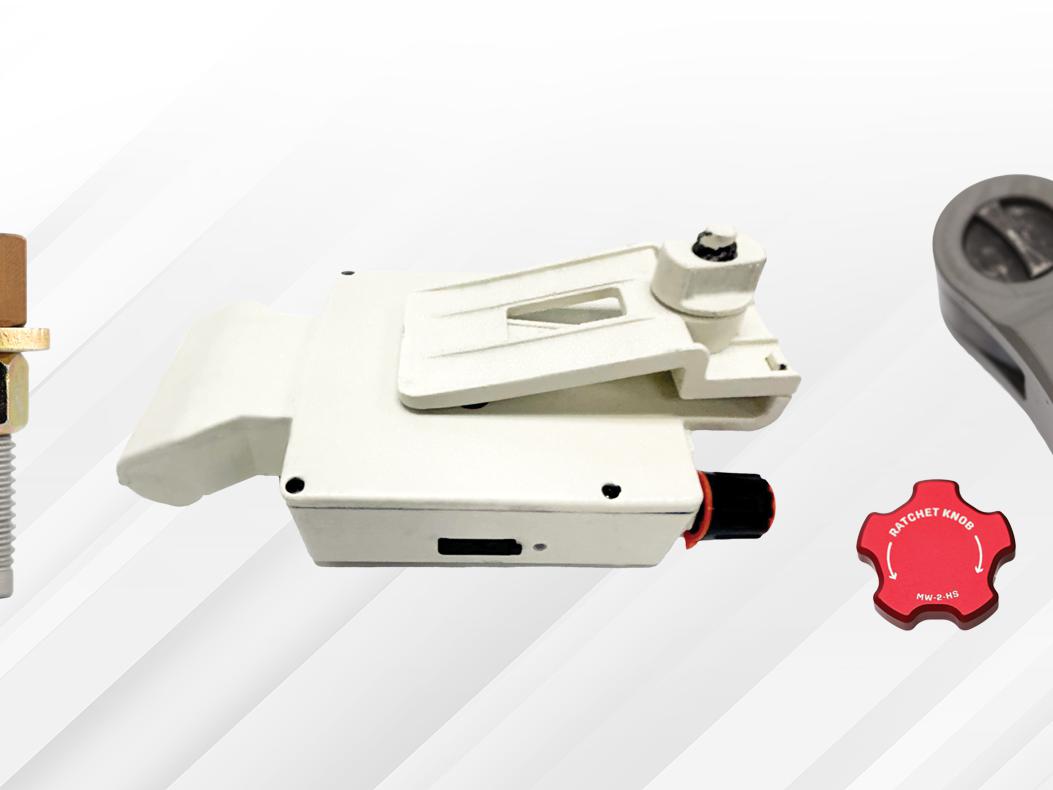Ask the Experts: Mufflers

Burns Stainless offers this flow-through, open-core absorption muffler that “flows like an open pipe. As long as the system length remains the same and you use a muffler like ours, you’re not going to lose any power,” reported a company source.
Don’t believe the old racers’ tale of “mufflers hurt horsepower,” as our sources reveal how these components may actually enhance on-track performance.
Whether it’s because of sanctioning body rules, track-area noise regulations, or a combination of the two, some sort of sound attenuation equipment is a requirement on most race cars. Conventional wisdom used to be that a muffler would always hurt engine performance, yet many of today’s racing mufflers cause little or no power loss. That’s not always the case, though, so racers still need a strategy for choosing the proper muffler and then minimizing any resulting changes in power. For insight on this topic, we spoke to three experts in the muffler field: David Borla of Borla Performance Industries, Johnson City, Tennessee; Vince Roman of Burns Stainless, Costa Mesa, California; and Mark Emerson of Flowmaster, Bowling Green, Kentucky.
How do I choose a muffler with the least impact on my engine’s performance?
“You need to understand the rules and regulations that require the use of mufflers in the first place,” said Borla. “Different tracks and sanctioning bodies have different rules. Is there a specific decibel limit and test standard to meet? If so, what’s the testing procedure? Is it a stationary test? Drive by at a certain rpm? Where are the measuring devices located on the track? The more you understand about the requirements, the better decisions you can make regarding which mufflers to use.”
“Some places just require that you have a ‘muffler,’ and that’s it,” said Emerson. “That’s a lot different than having to meet a specific decibel limit using a sound meter.”
Complicating the issue is the fact that decibel limits can be a moving target, said Roman. At Laguna Seca, for example, “on weekends when there’s a big series in there like IndyCar or IMSA, it’s basically unrestricted, even for the lesser classes. Other weekends they’ll have a 95-decibel limit, but some days the limit is 92. You have to look at the schedule to see what the limit is on the days you run.”
Mufflers with the least effect on performance are the flow-through, open-core, absorption mufflers, according to Roman. “It flows like an open pipe. As long as the system length remains the same and you use a muffler like ours, you’re not going to lose any power,” he said.

Flowmaster offers a muffler, the Outlaw, that was designed to not restrict power. “Those are great for a series that doesn’t mandate a particular decibel limit,” Emerson said. “They just take away some of the harshness of the exhaust sound.” Inside the Outlaw muffler are “angled rings in the expanded part of the muffler case that help with sound attenuation and create a scavenging effect. As the exhaust pulse goes by, it creates a little low-pressure area on the back side of the rings to help pull the next pulse through.”
Emerson said Flowmaster “always recommends” exhaust turn-downs after the muffler, “because you can point them to help meet sound requirements. Depending on the application and where the sound meters are, they can be pointed down at the ground or angled back away from the sound meters. On a dual-exhaust system, if you point the turn-downs toward each other at about a 45-degree angle, that will add additional sound control because the exhaust pulses coming out of them will be pointing toward each other in the same fashion as the sound inside the muffler is controlled when we direct those sound frequencies into each other.”
How can an engine be tuned to minimize power loss with mufflers?
“It depends on the application,” Emerson said. “They’re all going to vary depending on whether it’s a single system or dual. It might need digital tuning upstream as far as timing and jetting or mapping of the fuel system if it’s injected. The muffler is the last thing connected to the engine, but it’s still part of it. You typically can’t just throw them on and go. They need to be tuned as a package.”
“From our experience it’s not very difficult to tune around the muffler, as long as you’re keeping the length of the system—from header to tailpipe—similar or constant,” Roman said. “With the straight-through muffler it has more to do with the tuning waves occurring in the exhaust. Adding a muffler in there will affect those waves. You might have to tweak the fuel curve in a few different areas because of those frequency changes. But they’re not usually huge changes.”
With a more restrictive muffler, though, “you’re basically pushing less air and fuel through the motor,” he added, “so you’re going to have to tune by taking fuel out of it.”
Can my engine builder or local retailer be a good source of help with mufflers?
“Yes, experience matters a great deal,” said Borla. “Gather all the advice you can from the most reputable sources you can find and use that to narrow down your choices. You can’t test a thousand mufflers. You need to start somewhere.”
But, added Borla, the key to getting the most performance from mufflers is “testing, testing and more testing. You can combine all the tribal knowledge in the universe with computer modeling technology and throw a palm reader or astrologer in there for good measure, and it still won’t replace testing. There are no shortcuts.”
SOURCES
–
Borla Performance Industries
borla.com
Burns Stainless
burnsstainless.com
Flowmaster
holley.com/brands/flowmaster
 MEMBERSHIP LOGIN
MEMBERSHIP LOGIN JOIN PRI
JOIN PRI


